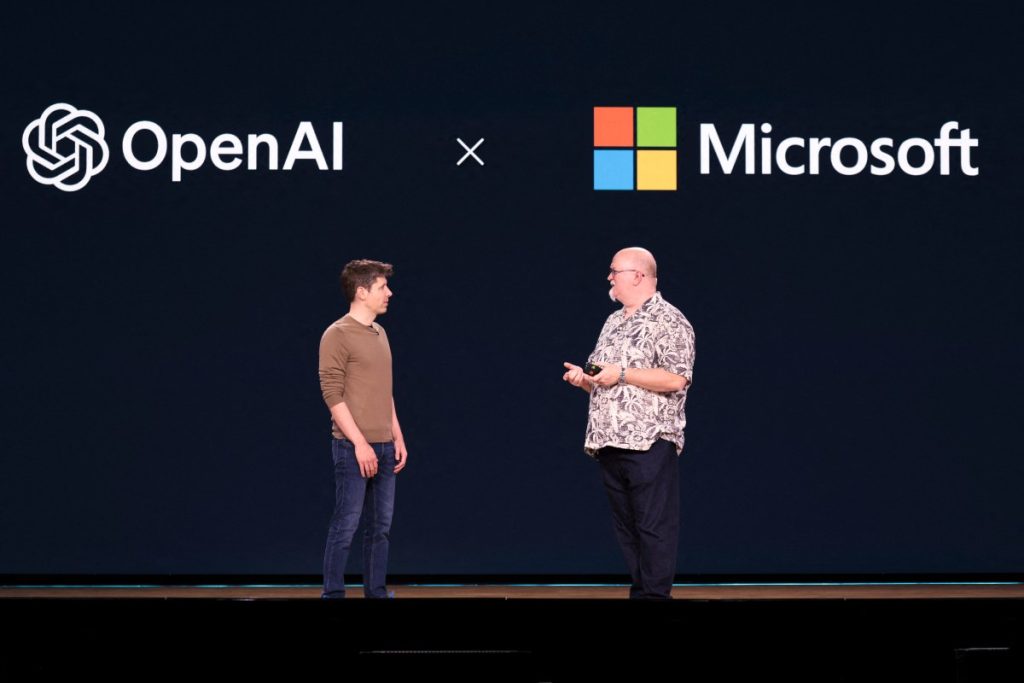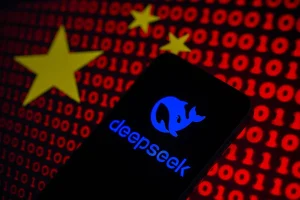Constant Flux and Key Decisions: An Overview of Current Tech Headlines

The tech world is always buzzing with activity, and this week is no different. Elon Musk finds some relief as a lawsuit against him gets dismissed. However, his legal troubles are far from over. Meanwhile, an interesting move unfolds as Microsoft exits its observer role on OpenAI’s board, raising eyebrows and questions.
Elon Musk’s Legal Battle
Earlier this week, one of the many lawsuits Elon Musk faces after firing 6,000 Twitter employees in 2022 was dismissed. This lawsuit was filed by Twitter’s former head of people experience and another ex-manager. They claimed that X Corp. paid fired Twitter employees less than they were promised. While the dismissal might be good news for Musk, it doesn’t mean his legal battles are over. He still faces a lawsuit with Parag Agrawal and three other ex-Twitter executives seeking $128 million in severance payments.
Microsoft’s Exit from OpenAI’s Board
Microsoft decided to leave its observer seat on OpenAI’s board, marking a significant shift. The tech giant mentioned it has seen enough progress at OpenAI and feels confident in its direction. However, it’s hard to believe they would give up such a prime spot so readily. This move seems influenced by the ongoing antitrust scrutiny over Big Tech’s influence on emerging AI companies.
This decision means OpenAI will no longer host observers on its board. The departure marks the end of an era where Microsoft had direct insights into OpenAI’s operations and growth.
Duolingo’s Acquisition of Hobbes
Duolingo recently bought Hobbes, a Detroit-based animation and motion design studio. Hobbes has collaborated with Duolingo for years on several features including Duolingo Music. It’s interesting to see this acquisition happen now. Although Hobbes isn’t an AI company, this deal suggests we might see more acquisitions of smaller AI startups by larger companies in the future.
This acquisition is termed as an ‘acqui-hire’ by Duolingo. This not only indicates a strategic move to strengthen its creative team but also suggests that Hobbes might have been facing financial difficulties, prompting this acquisition.
Continuing Without Founders
There are concerns about what happens when a company’s founder or owner dies. For instance, Unseen Capital lost its founder, Kayode Owens, in 2021 soon after raising $30 million. In order to safeguard its investment, Eli Lilly brokered a deal for Seae Ventures to acquire Unseen Capital. This is seen as a good fit because Seae Ventures is also focused on diversity in venture capital.
The acquisition ensures continuity for Unseen Capital’s mission of supporting early-stage healthcare companies founded by underrepresented individuals. This move also signals confidence in the original mission and helps maintain the vision Owens had for the company.
It highlights how larger companies or firms can step in to support and stabilize startups or ventures that lose their founding members, ensuring that their missions continue and investments are protected.
Survey on Deep Tech Funding
A recent survey of 30 deep tech VCs from eight countries found that technical CEOs tend to raise larger funding rounds. The survey indicates that pre-seed and Series A rounds in deep tech hardware were bigger in 2023 compared to 2022. However, it’s important to note that this survey focused on Europe.
The Equity team pondered whether these results would be the same in North America. They also wondered if the trend continues into Series B rounds and beyond. The rise of deep tech-focused funds may also play a significant role in these findings.
TechCrunch’s Deep Tech Insights
TechCrunch’s Equity team speculated about the impact of deep tech-focused funding trends. While the survey paints a promising picture for technical CEOs, it doesn’t provide a complete view. The focus was primarily on European funding rounds and did not follow beyond Series A.
This leaves open questions about the continuity of these trends in later funding stages. There’s also curiosity about how North America compares in terms of deep tech investments. This insight provides a glimpse into the challenges and opportunities within the deep tech funding landscape.
Equity believes that deep tech-focused funds are becoming increasingly significant. These funds are likely to help technical CEOs secure larger investments and may shape the future of deep tech startups.
This week in tech has seen several significant developments, from legal battles to strategic exits and acquisitions. The dismissal of one lawsuit provided some relief to Elon Musk, but legal challenges continue to loom large for him. Microsoft’s exit from OpenAI’s board and Duolingo’s acquisition of Hobbes highlight ongoing shifts and strategic maneuvers within the industry. Meanwhile, concerns about company continuity and funding trends offer insights into the ever-changing landscape of deep tech and venture capital. As the tech world evolves, these stories provide a glimpse into the strategic decisions shaping the future.
Overall, these key movements underline the dynamic nature of the tech industry. From major companies stepping back to strategic acquisitions, and the importance of leadership in deep tech, it’s evident that the industry is in a constant state of flux. Keeping an eye on these developments can offer valuable insights into the evolving trends and future directions of the tech world.





